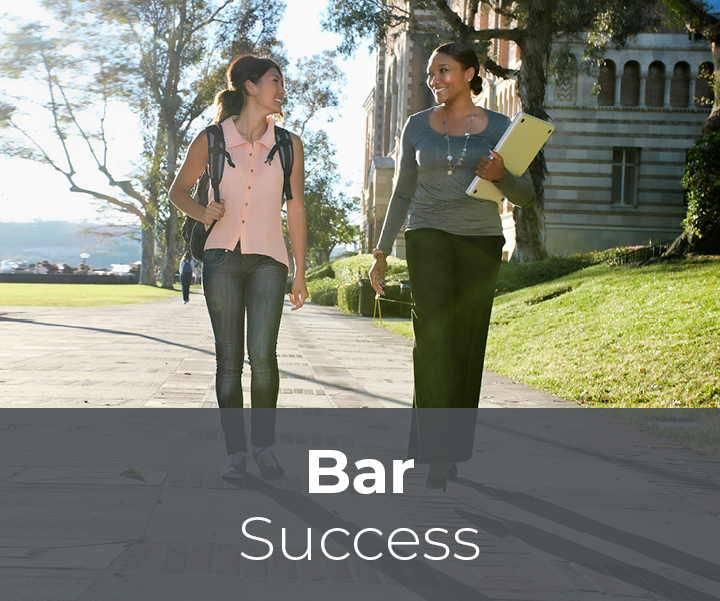
Grantee Research
Mindsets in Legal Education
Document Type
Journal Article
Publication Date
8-2021
Keywords
psychological barriers, bar passage
Abstract
If you teach 1Ls, you may share the following concern. At the start of each year, we meet enthusiastic and successful students who are passionate about law. They arrive on campus invested in learning, ready to work hard, and eager to participate in class. But trouble brews soon thereafter. Students worry whether they have what it takes to do well, whether they will fit in, and whether they belong in law school. Answering questions in class, many sense (rightly or wrongly) that their professors and peers think that they aren’t smart and that they will not do well. When they encounter difficulty making friends, finding study groups, and connecting with professors in office hours, they worry that “maybe this means that people like me do not belong or cannot succeed here.” Worse yet, discussions in class lead many to lose sight of why they chose to go to law school and the important role that lawyers play in serving the public. These experiences erode confidence in their abilities and their engagement in law school, and they cause distress and undermine well-being. Given the inherent interest of law, our commitment to teaching, and our concern for our students’ well-being, we tell ourselves, there is surely some small change that would allow our promising students to thrive. Yet any solution remains paralyzingly elusive.
This article validates the impulse to treat law students’ engagement, learning, and well-being as interconnected and improvable. Indeed, on this fifteenth anniversary of the Law School Survey of Student Engagement (LSSSE), we applaud LSSSE’s collection of over 350,000 law student responses from 200 law schools forming one of the largest datasets capturing student voices and experiences in law school. We offer a way forward that builds on LSSSE’s rich data and the findings and efforts of legal scholars who have studied law students’ well-being for the past two decades, and we suggest ways in which LSSSE data can be used by researchers who wish to intervene to improve law students’ well-being.
...
We break no new ground in suggesting that law schools could benefit by drawing from social psychological insights. As Part I describes, numerous scholars have made this argument over the past two decades. Recognizing the severity of the distress that law students face, the profession and the academy have shown enthusiasm for change along the proposed lines. Yet law schools have not followed their advice—even when presented with promising, concrete proposals. The cause and consequence of this inaction are few effective, empirically measured interventions in legal education.
Our contribution is to explain why such psychologically attuned interventions are becoming ever more feasible, how to pursue them, and why doing so could transform legal education. As we detail in Part II, social psychology has developed several models that provide promising explanations for why law students’ subjective well-being drops so precipitously after matriculation. Part III proffers solutions, with a focus on small-footprint, psychologically attuned interventions that have dramatic results. In passing, we briefly discuss how our own interdisciplinary, multi-institution collaboration used LSSSE data in building a program to mitigate the psychological friction law students experience when preparing for the bar exam. Part IV ends with a call to action. It reviews prior obstacles to improving law students’ well-being, but observes that some have already eroded and identifies opportunities to overcome the remainder.



